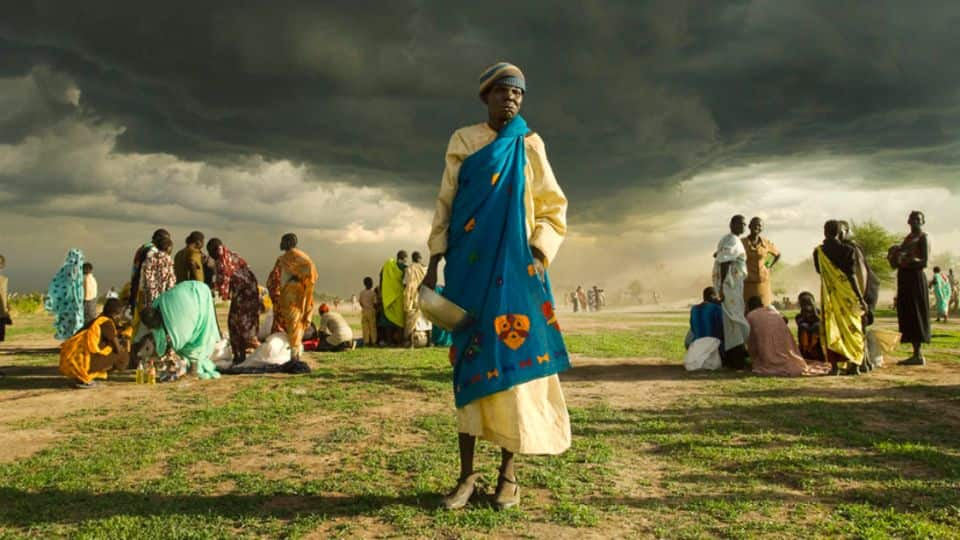
South Sudanese getting gang-raped, tortured inhumanly, finds UN report
What's the story
A new report was released by a United Nations commission on Friday detailing the horrific war crimes in South Sudan. It narrates the appalling situation in the East African nation, a saga of the warring sides torturing innocent locals, and countless incidents of gang-rapes, ethnic violence and castrations. As international frustration with South Sudan's five-year old civil war grows, the report offers little hope.
The report
Senior military officials, state governors responsible for perpetuating war crimes
Based on the statements of 230 witnesses, it's the second report since the UN Commission was set up in 2016 to investigate human rights violations in the war-torn South Sudan. According to The Associated Press, the report has "sufficient evidence" against over 40 senior military officials and three state governors, who it says "may bear individual responsibility for war crimes."
Instances
Woman blinded by soldiers for protecting daughter from gang-rape
Among other appalling instances of abuse, the report recounts one in Pagak town in which a woman's eyes were gouged out with spears for unsuccessfully trying to protect her teen daughter from getting gang-raped by 17 soldiers. Her husband was beheaded. In another, a 12-year-old boy was forced into having coitus with his grandmother to not get killed.
The war
One of the largest refugee crises of all time
The conflict rose in December 2013, two years after South Sudan broke free from Sudan. Since then countless locals have been butchered and over two million have fled in one of the nation's biggest refugee crisis. Initially a power struggle between President Salva Kiir and former vice-president Riek Machar, it has splintered into about 40 different armed groups, most fighting each other.
Information
Ruling government practising ethnic persecution in South Sudan
Despite varied personal accounts, consistent patterns are discernible, finds the report, which blames the Sudanese government of ethnic persecution. It says officers attacking the unarmed and citizens seeking shelters in regions free from opposition forces is not uncommon.